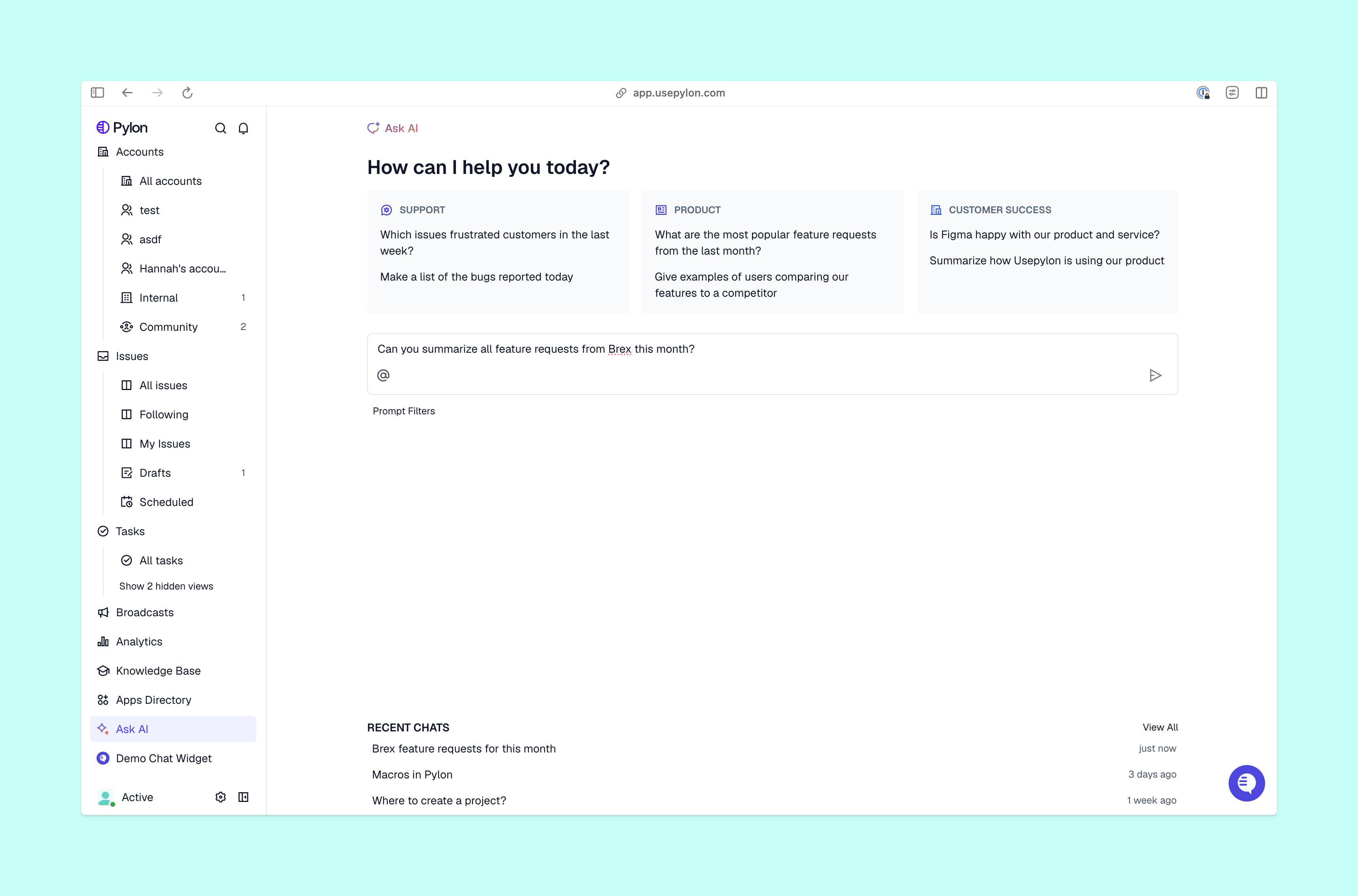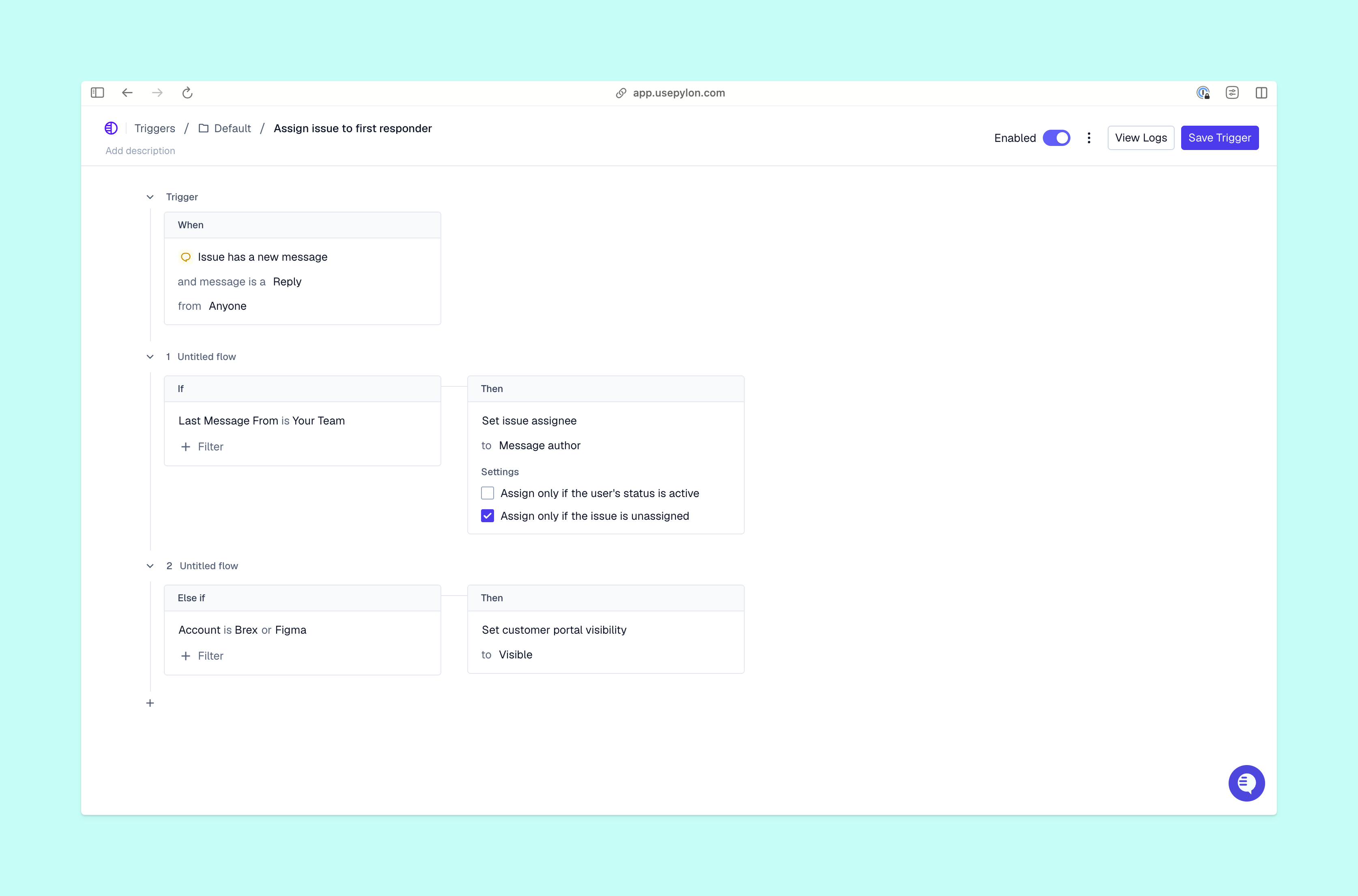Tips for Building Scalable Support Models That Boost Retention
Learn how building scalable support models boosts customer satisfaction. Improve efficiency and drive growth while maintaining high support quality.
Most growing companies reach a tipping point where customer needs outpace their ability to respond effectively. Startups with rapid product development and sales momentum are often buried under piles of support tickets and emails. To sustain growth and build customer loyalty, teams need to learn to scale effectively.
When you’re learning how to scale customer support, you’ll find there’s more to it than keeping up with ticket volumes. You need to create systems that can handle growth without falling apart. By putting the right strategies in place, your company can achieve faster response times and higher customer satisfaction scores. You’ll also see improved retention on your support teams, since automation reduces repetitive work that often leads to burnout.
Read on to discover strategies for building scalable support models. You’ll also see how AI tools, like Pylon’s AI Agents, help companies scale smarter without adding headcount or piling more work on busy teams.
What It Looks Like to Scale Customer Support
Scaling support goes beyond hiring more staff. It’s about building a service model that adapts to higher volumes without sacrificing response speed or quality.
Effectively scaling B2B customer support means expanding capacity and streamlining workflows by using AI to reduce repetitive tasks. The goal is to keep customers satisfied as your user base grows. When support can’t keep up, frustrated customers churn and acquisition costs skyrocket.
To scale well, you’ll need to focus on three pillars: automation, efficiency, and quality. A scalable customer support model blends human judgment with smart automation. You can leverage tools like AI Agents to handle routine tickets and centralize communication across channels. At the same time, you might invest in training that empowers support teams to handle complex requests with empathy and accuracy.
Key Benefits of Scaling Customer Support
When done well, scaling support strengthens relationships and improves operational efficiency. It also positions customer success as a driver of growth rather than a cost center.
Knowing how to scale customer success effectively allows you to improve:
- Customer satisfaction. Faster responses and consistent support strengthens customer trust and loyalty. According to a 2024 Salesforce report, 88% of customers reported that helpful support makes them more likely to repurchase from a company.
- Support speed. Proactive routing and AI-powered automation can shorten waits and improve accuracy, helping support teams reduce resolution times.
- Return on investment. Scaling frees up human agents to focus on higher-value interactions that improve customer relationships.
- Market positioning. High-quality support often becomes a differentiator, especially in crowded markets where products are similar.
- Retention and revenue growth. Happy customers tend to stay longer, expand their accounts, and become brand advocates.
When to Scale Your Customer Support Team

The key to scaling support is starting early. Waiting until customers churn means missed opportunities and higher costs to replace lost accounts. For early-stage companies, putting systems in place before the first wave of volume hits can be the difference between sustainable growth and getting stuck in constant catch-up mode.
Here are indicators that it’s time to scale your customer support team:
- Rising inquiries. Ticket queues are consistently growing faster than they’re resolved.
- Slower responses. Average response and resolution times are creeping upward.
- Customer frustration. Support metrics like CSAT are trending downward, or you see an increase in customer complaints.
- Overloaded staff. Employees are working overtime, or turnover is rising due to burnout.
- New customer growth. Rapid account acquisition creates demand that existing systems can’t support.
- Turbulent launches. Each product rollout brings an influx of new questions or troubleshooting from customers.
Strategies for Scaling Customer Support Effectively
There are many ways to scale customer support effectively. The best techniques balance automation with human judgment, keeping quality consistent as volume rises.
Top customer support strategies for scaling businesses include:
- AI and automation. AI Agents provide a powerful solution to scale customer support in B2B companies. They can resolve tickets based on your knowledge base, automate repetitive workflows, and surface account insights.
- Training and development. Skilled staff equipped with updated resources can resolve issues faster and deliver better experiences. Knowing which customer support KPIs to track also helps teams measure progress and impact.
- Flexible staffing models. You can use elastic resourcing or part-time support to handle seasonal spikes and temporary situations like product launches.
- Proactive support. Cut down on escalations by anticipating customer needs and using predictive analytics to solve potential problems before they happen.
Pylon can help you put these strategies into action. With AI Assstants and AI Knowledge Management, you can build better workflows, automate support tasks, unify communication across channels, and scale support without compromising quality.
Building a Future-Ready Support Strategy

Future-ready support isn’t reactive. It’s proactive, data-driven, aligned with business goals, and designed to grow alongside your company.
To prepare for long-term growth, consider these steps:
- Vision and planning. Define what success looks like to your business, whether that’s faster response times or reduced churn. Then align your scaling strategy with those goals.
- Continuous improvement. Regularly review metrics and customer feedback to refine processes. Pylon’s AI-powered Account Intelligence can also reveal patterns you might miss manually.
- Scalability audits. Don’t wait until systems and teams break under pressure. Periodically assess tools and workflows to ensure they can handle projected growth.
- Cross-team alignment. Involve product and sales teams in your planning. A scalable support model encompasses the entire customer lifecycle, not just ticket resolution.
Maintaining Quality While Scaling Customer Support
One of the biggest risks of scaling customer support is sacrificing quality. Customers may accept longer wait times temporarily, but poor-quality responses damage trust over time.
The key to avoiding this is combining the right tools with thoughtful processes:
- A dynamic knowledge base enables consistent, accurate answers across the team.
- AI can suggest replies and surface relevant context, so support teams don’t waste time searching.
- Quality assurance reviews and regular coaching sessions give teams the feedback they need to improve, keeping standards high as volumes increase.
- Automation should always be balanced with empathy — complex or sensitive issues are best escalated to human agents who can resolve them with care.
Put Your Support Scaling Model Into Action With Pylon
Scaling customer support effectively means anticipating customer needs and acting before issues come up. The most successful startups put scalable systems in place before bottlenecks appear. By incorporating automation and AI into your support model, you protect customer relationships while creating space for long-term expansion.
Pylon is the modern B2B support platform that offers true omnichannel support across Slack, Teams, email, chat, ticket forms, and more. Our AI Agents and Assistants automate busywork and reduce response times. Plus, with Account Intelligence that unifies scattered customer signals to calculate health scores and identify churn risk, we're built for customer success at scale.










